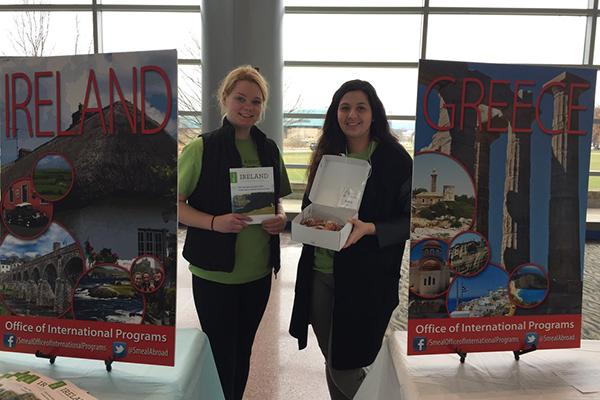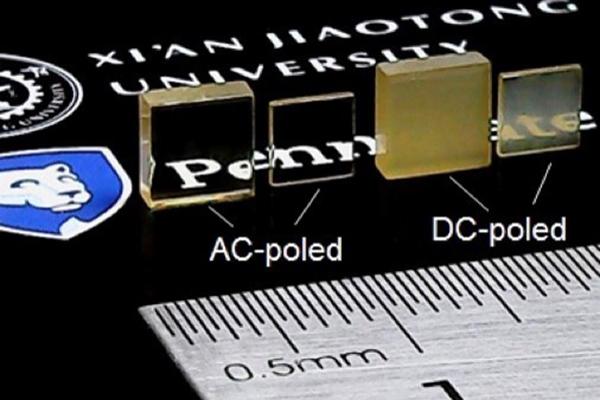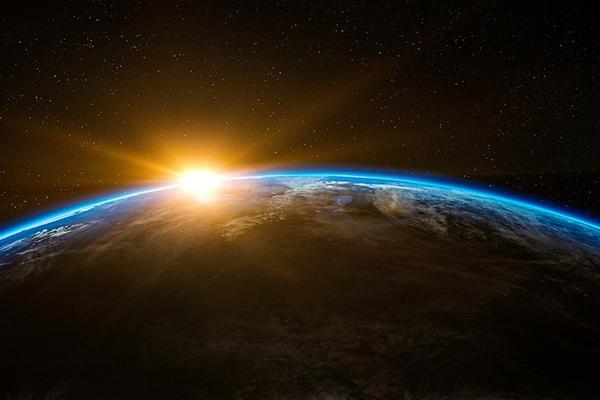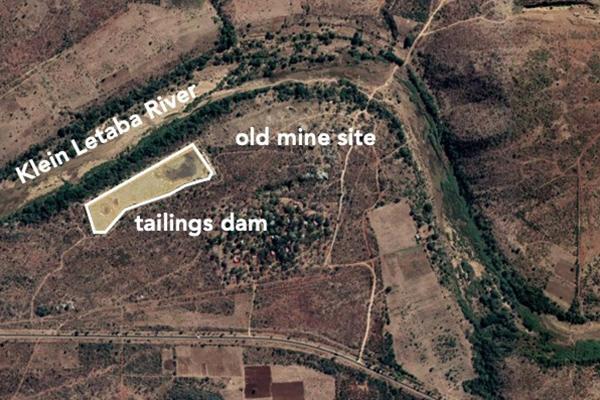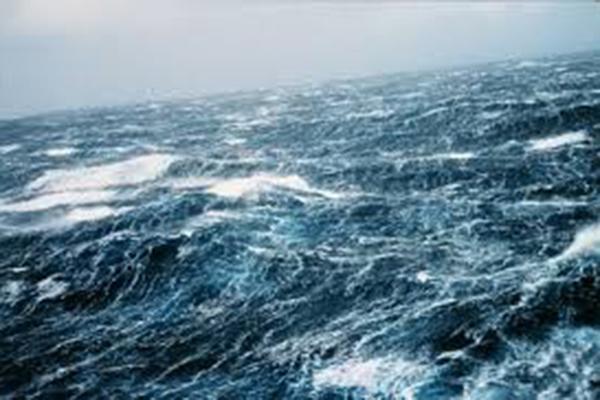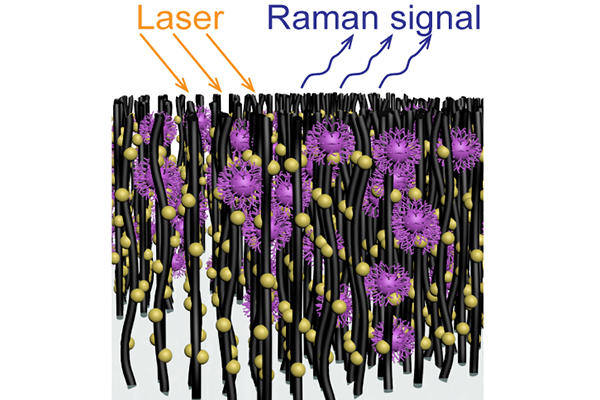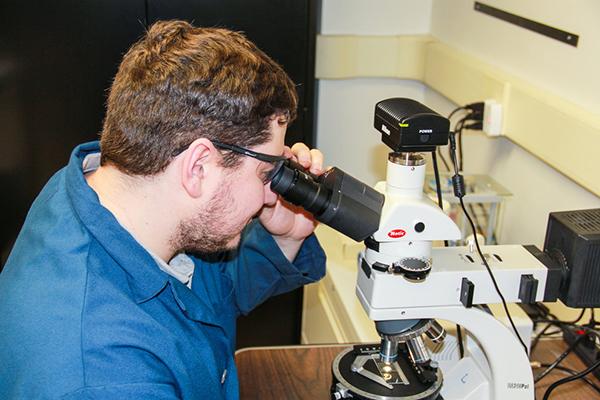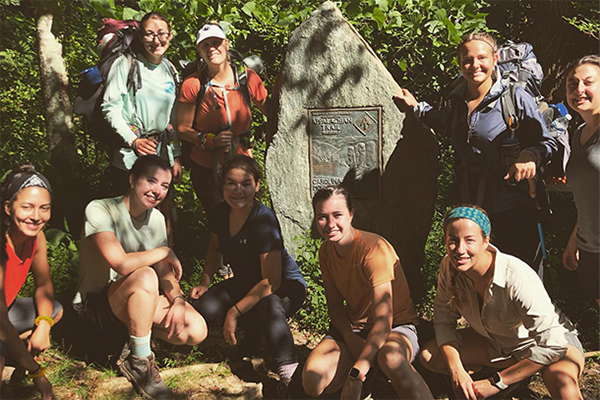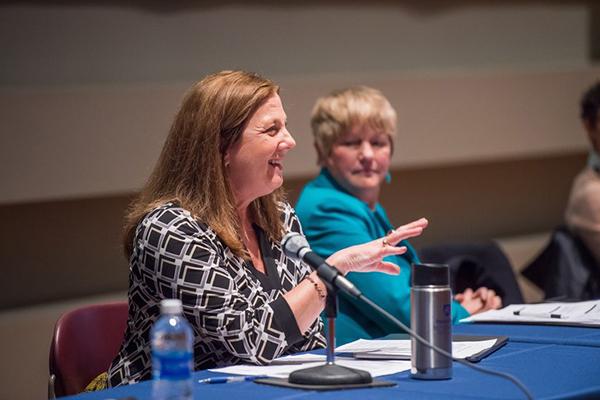Penn State will host Study Abroad Week 2020 during the week of Jan. 20-24 on the University Park campus.
A highly sensitive, wearable gas sensor for environmental and human health monitoring may soon become commercially available, according to researchers at Penn State and Northeastern University.
Use of an AC rather than a DC electric field can improve the piezoelectric response of a crystal. Now, an international team of researchers say that cycles of AC fields also make the internal crystal domains in some materials bigger and the crystal transparent.
The spring 2020 EarthTalks series, "Societal Problems, EESI Science towards Solutions," features scientists from Penn State’s Earth and Environmental Systems Institute (EESI) and explores the human impacts on the global environment and how to apply this knowledge to decision-making.
Is there a way to turn waste into a useful resource and at the same time reduce environmental degradation from closed mines? That’s what visiting South African scholar Nemapate Ndivhuwo wants to find out.
The Atlantic Multidecadal Oscillation (AMO) and the Pacific Decadal Oscillation (PDO) do not appear to exist, according to a team of meteorologists who believe this has implications for both the validity of previous studies attributing past trends to these hypothetical natural oscillations and for the prospects of decade-scale climate predictability.
A device to quickly capture and identify various strains of virus has been developed, according to researchers at Penn State and New York University.
Penn State researchers in the John and Willie Leone Family Department of Energy and Mineral Engineering received a $400,000 grant from the Centers for Disease Control and Prevention’s National Institute for Occupational Safety and Health to research coal dust in underground mines and its effect on lung disease in miners.
As equity and inclusion become increasingly important in engineering programs across the nation, offerings that expose students to challenging experiences designed to increase self-awareness, confidence and engineering skills are needed more than ever.
A Penn State meteorologist who specializes in the study of extreme weather events was recently named an American Association for the Advancement of Science (AAAS) Fellow.


